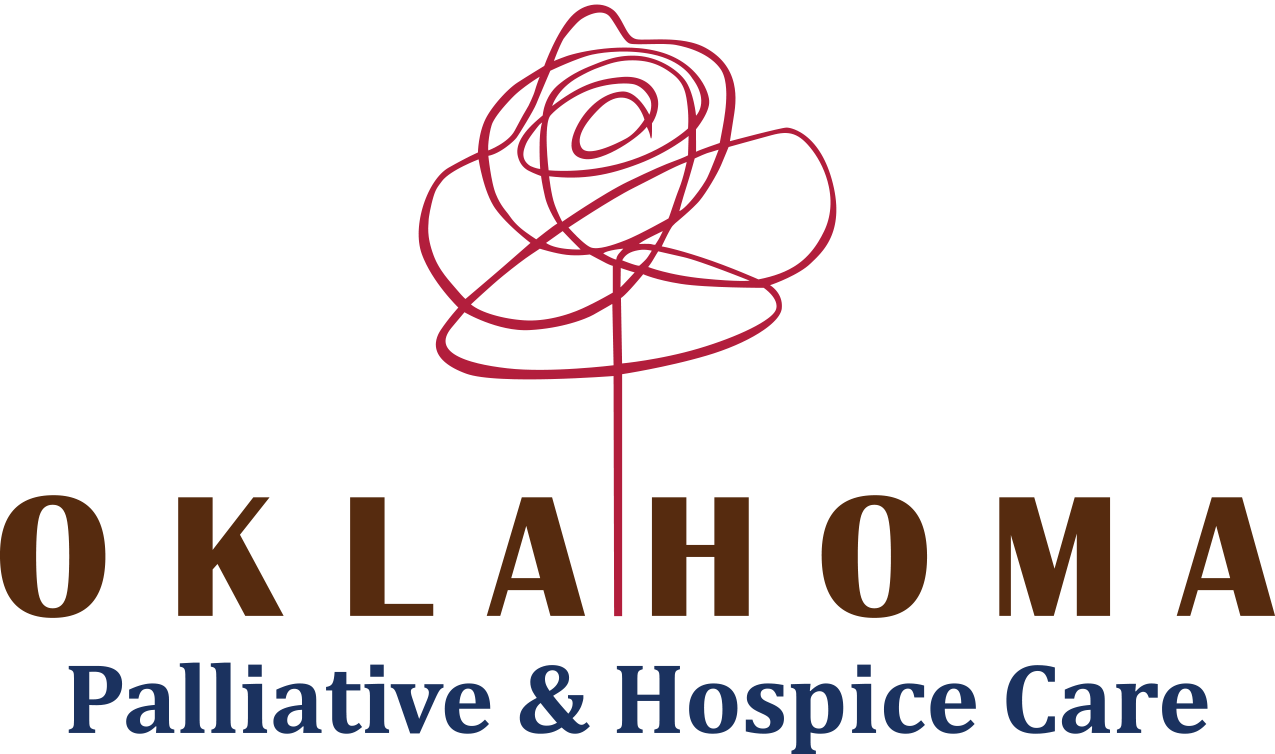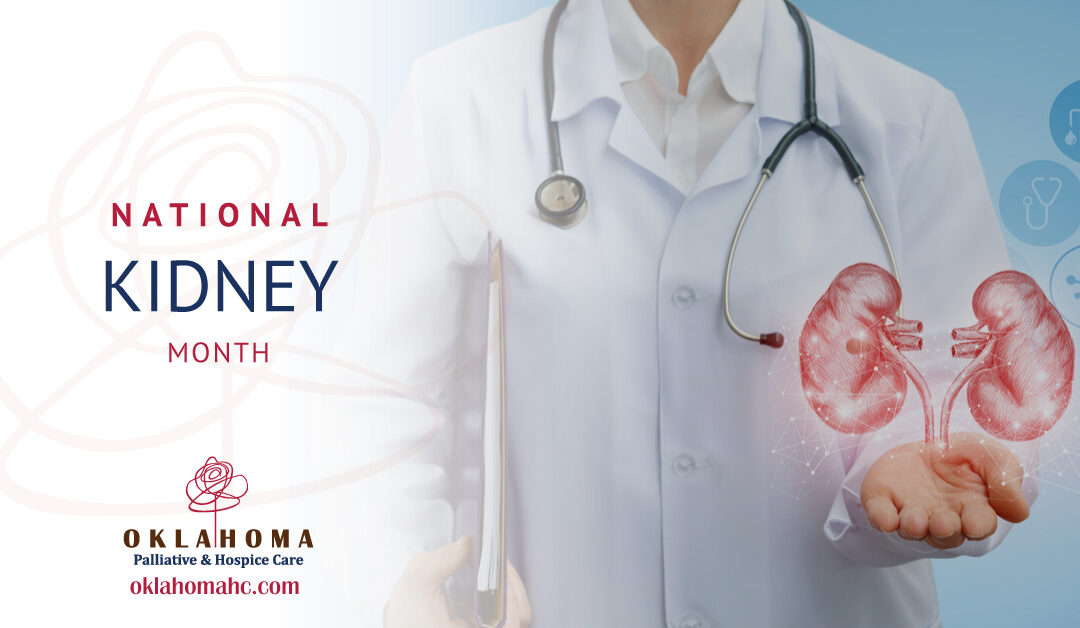March is National Kidney Month, an important time to recognize everything our kidneys do for our bodies and learn how to optimize our kidney health.
Kidneys work to keep us healthy in the following ways:
- Regulate fluid levels
- Activate vitamin D for healthy bones
- Filter waste from the blood
- Directs production of red blood cells
- Regulate blood pressure
- Keep blood minerals in balance
Chronic kidney disease affects more than one in seven U.S. adults. The risk for Chronic Kidney Disease (CKD) is even higher for Americans with diabetes or high blood pressure, the two most common causes of kidney disease. One in three people with diabetes and one in five with high blood pressure develop kidney disease. A family history of kidney disease and heart disease are also risk factors.
How Hospice Can Help
According to government data, nearly 790,000 Americans are living with end-stage kidney disease (ESKD), which is also known as end-stage renal disease (ESRD). 71% are on dialysis, and 29% have received a kidney transplant.
People with ESKD can benefit from palliative and hospice care to help manage their symptoms while maximizing their quality of life, which is often reduced by the symptoms of end-stage kidney disease, including fatigue, cramping, nausea, and vomiting.
Hospice and palliative care can help ESKD patients in the following ways:
- Manage pain: Hospice care workers will prescribe medication to help manage the pain associated with ESKD so they can live out their final days as comfortably as possible.
- Severe itching: One of the most irritating symptoms of ESDK, severe itching can be prescribed to manage severe itching.
- Shortness of breath: Hospice care workers can do several things, like ensure optimal fluid balance, and encourage physical activity, to help mitigate shortness of breath.
- Help with other physical symptoms: ESDK patients may experience dry mouth, swelling, cramps, restless leg syndrome, and difficulty sleeping. Hospice care providers can work to treat each of these symptoms and many more.
If you’d like to learn more about how hospice care can help you or a loved one manage your symptoms of ESKD, contact us today.

